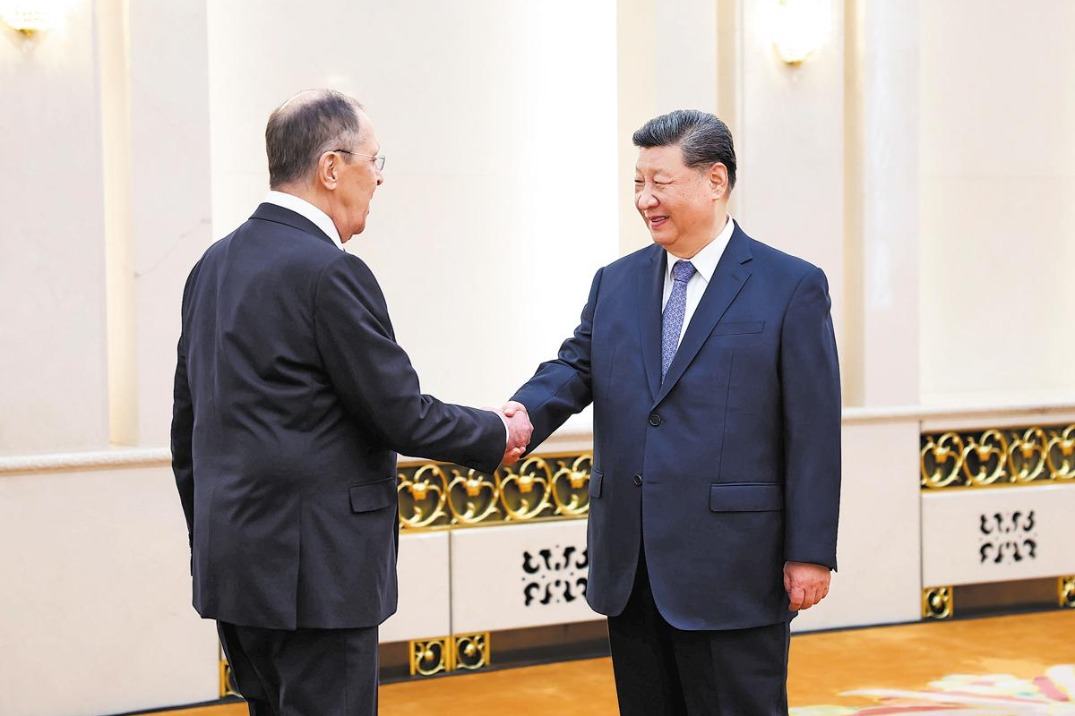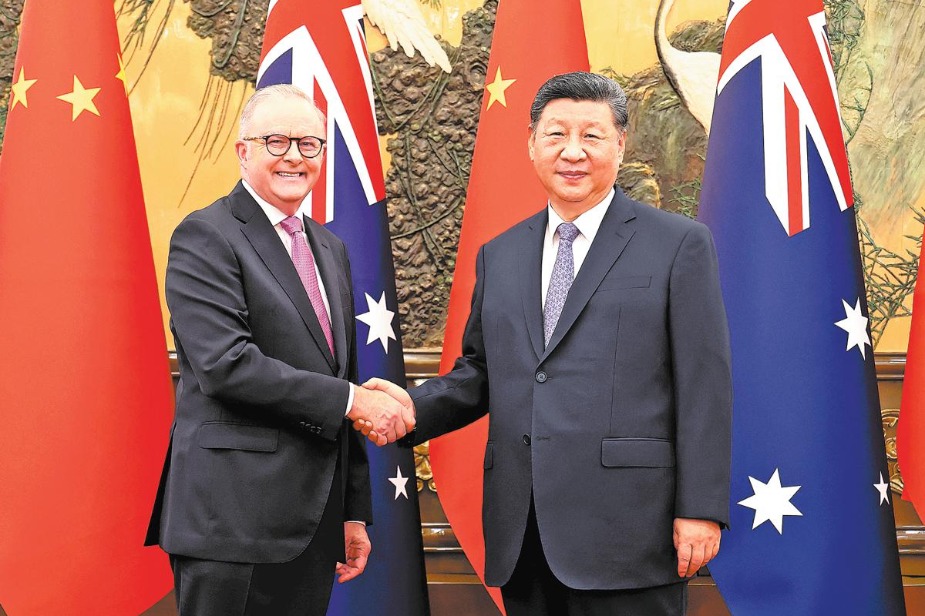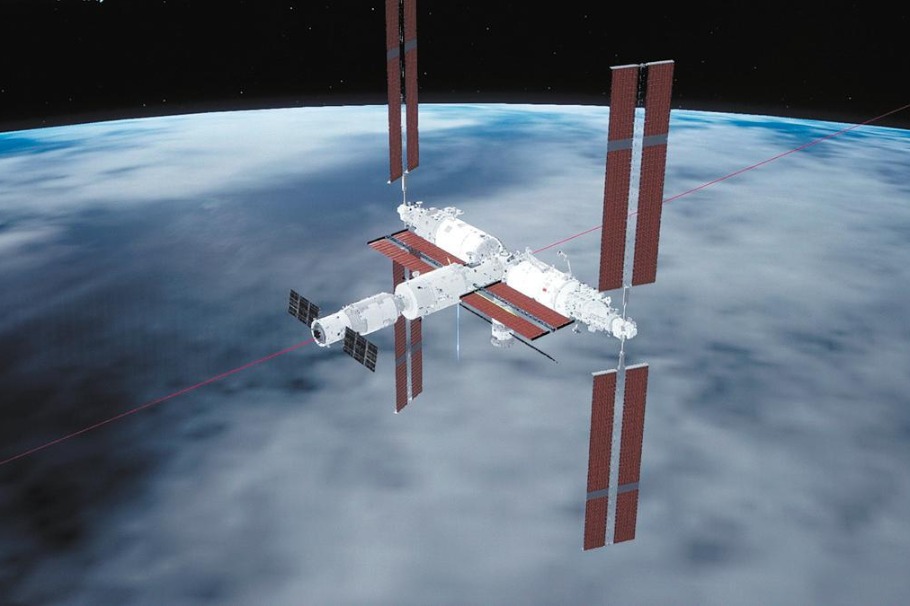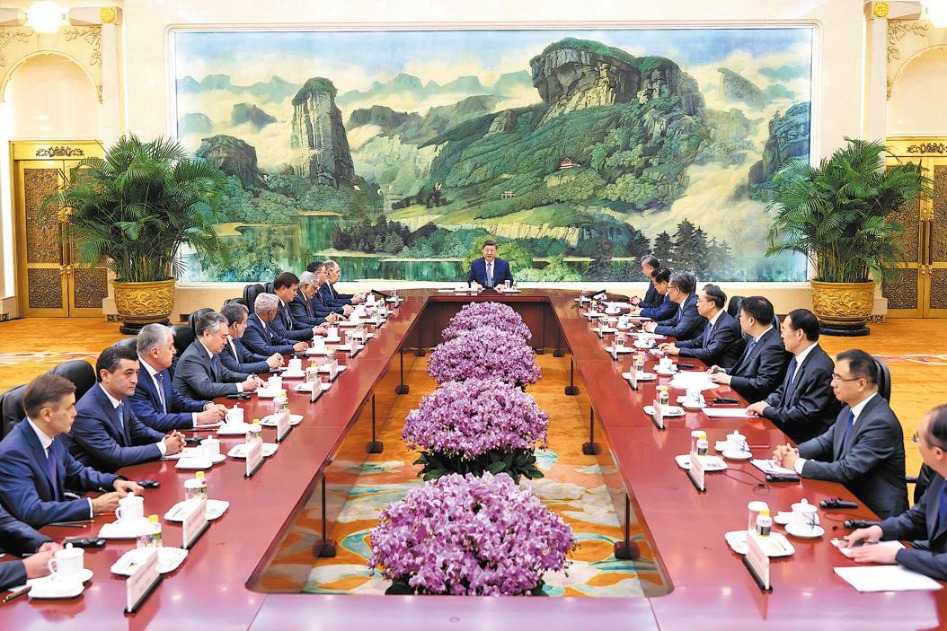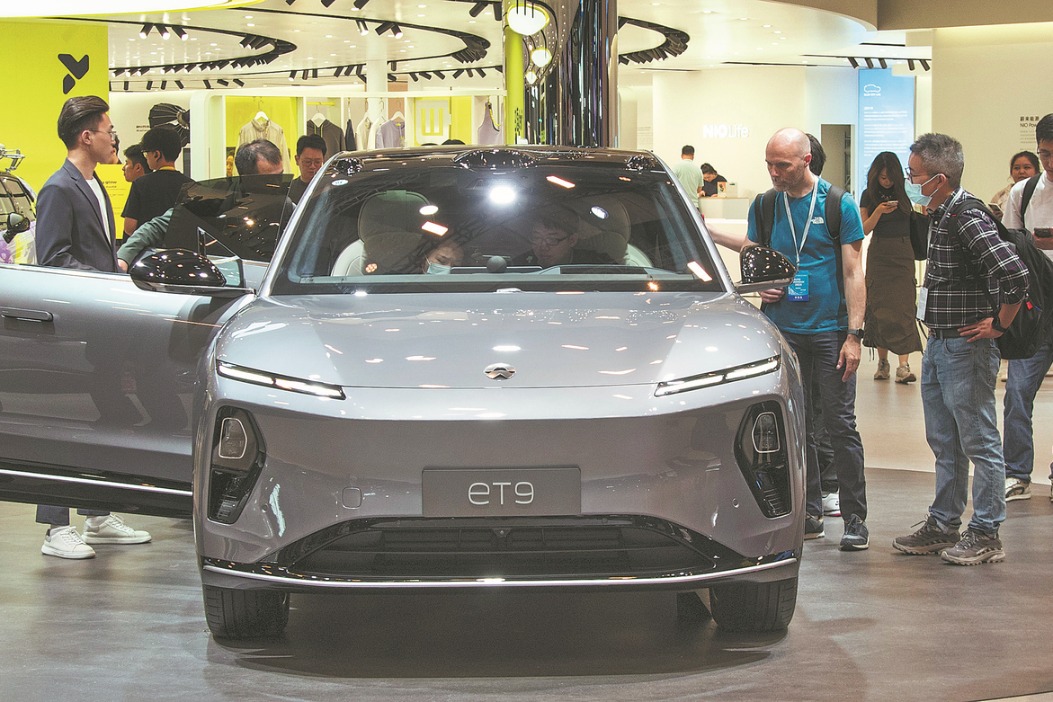No secret that Europeans are angry with policies of Trump's America

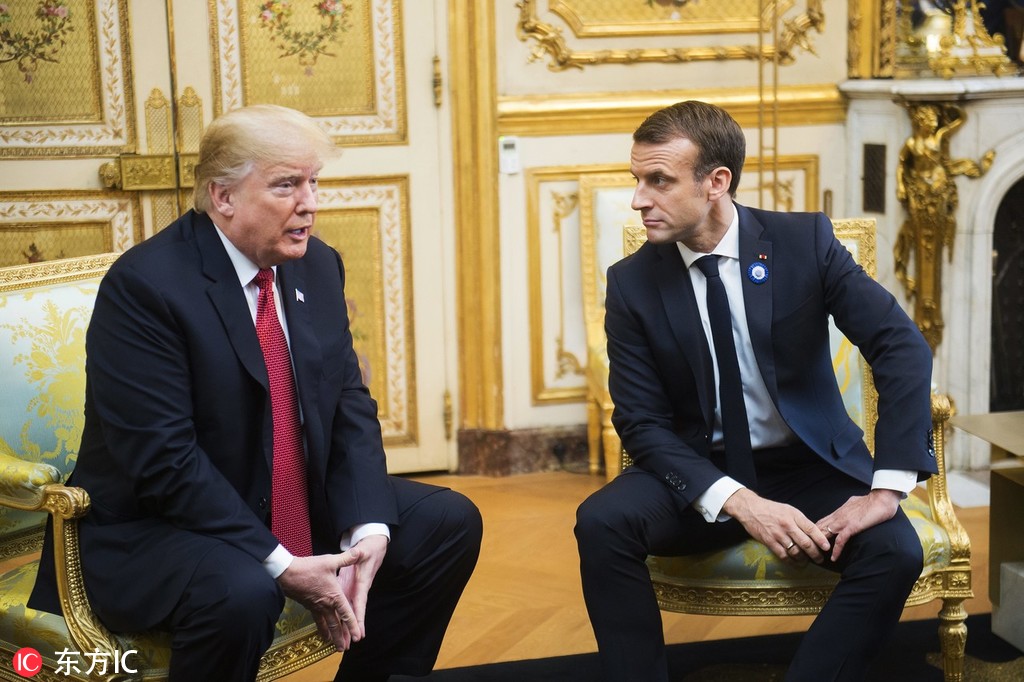
Many Europeans hold US President Donald Trump in disdain for his views, thousands of people protested his visit to Britain in July and some British politicians called for him to be banned from entering the country because of his administration's discriminatory immigration policies.
Their rejection of what he stands for was fully exhibited on Sunday when Trump joined world leaders in Paris to mark the centennial of the end of the World War I, only to hear French President Emmanuel Macron who said under the Arc de Triomphe that “nationalism is a betrayal of patriotism.” It was a message directed at Trump, who recently claimed to be a nationalist.
On Wednesday, French government spokesman Benjamin Griveaux also publicly denounced Trump for displaying a lack of “common decency” when the US president took to Twitter to attack Macron on Tuesday, when the French were mourning the anniversary of the 2015 Paris terror attacks that killed 130 people and injured more than 300.
On that sensitive day for the French, Trump sent multiple tweets attacking Macron’s idea of Europe building its own army, including mocking the French experience in two world wars. “They were starting to learn German in Paris before the US came along,” Trump tweeted.
He then assaulted Macron’s low approval rating, France’s high unemployment rate and even wine tariffs. Trump, of course, did not forget Macron’s poignant words in front of world leaders on Sunday and tweeted on Tuesday that “… there is no country more Nationalist than France…”
The US president apparently believed that he could easily browbeat Macron via his Twitter account, just like he has many domestic political opponents.
Trump, however, failed to force Macron to back off. The French president said on Wednesday that “Diplomacy is not made through tweets but through bilateral discussions,” another scathing remark directed at Twitter-addicted Trump.
While Trump attacked Macron for floating the idea that Europe should have its own army and not depend too much on the United States, German Chancellor Angela Merkel told the Europe Parliament in Strasbourg on Tuesday that she endorsed the idea of creating an EU army.
Indeed, what happened these past days match very well with the result of a Pew Center’s Global Attitude Survey released on Oct 1. It shows strong frustration with “Trump’s America” among key US allies in Europe.
In Germany, only 10 percent have confidence in Trump and 3-in-4 people say the US is doing less these days to address global problems. In France, only 9 percent have confidence in Trump and 81 percent think the US does not consider the interests of countries like France when making foreign policy decisions, a common view held by the 10 EU states in the survey. In Spain, the confidence in Trump is as low as 7 percent.
And across the 10 EU nations surveyed, a median of just 43 percent have a favorable opinion of the US, something that most Americans might not be aware of or find it hard to comprehend.
Even on the issue of individual liberty, a shrinking share of people in EU believes the US respects its people’s personal freedom. The rate is 43 percent in UK, 40 percent in France, 35 percent in Germany and 31 percent in Spain, a quite poor record for a country whose politicians like to tout how free the country is.
In this sense, the EU has already become a counterweight to Trump’s America and a vital force for building a multipolar world.
The author is chief of the China Daily EU Bureau based in Brussels. chenweihua@chinadaily.com.cn

















